The Future of Equity Investing: Trends and Predictions
The world of equity investing is undergoing constant transformation, thanks to technological advancements, changing demographics, and shifting global economic landscapes. While it’s not easy to predict the future with absolute certainty, analyzing current trends and expert opinions can provide valuable insights into the future of equity investing.
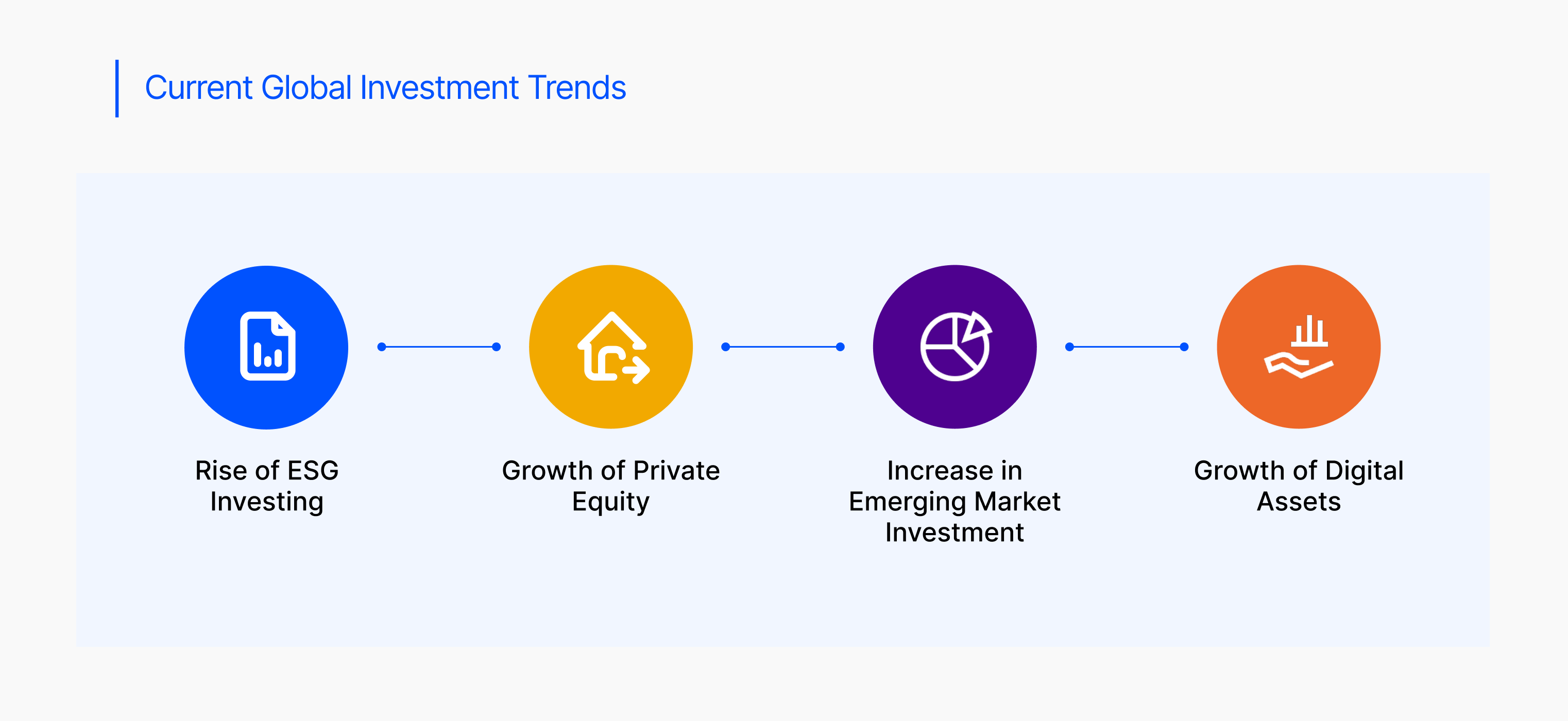
1. The Rise of Sustainable and ESG Investing
Gone are the days when Environmental, Social, and Governance (ESG) factors were regarded as merely a minor concern; they have become mainstream today. Investors are going all-out to ensure that sustainable practices are both ethically sound and financially prudent. Long-term success is often predicated on companies with strong ESG profiles. This trend is expected to fast-track, as ESG integration becomes a standard practice in investment analysis. As reported by the Financial Times, “businesses that don’t put environmental, social and corporate governance (ESG) front and centre stand to lose out."
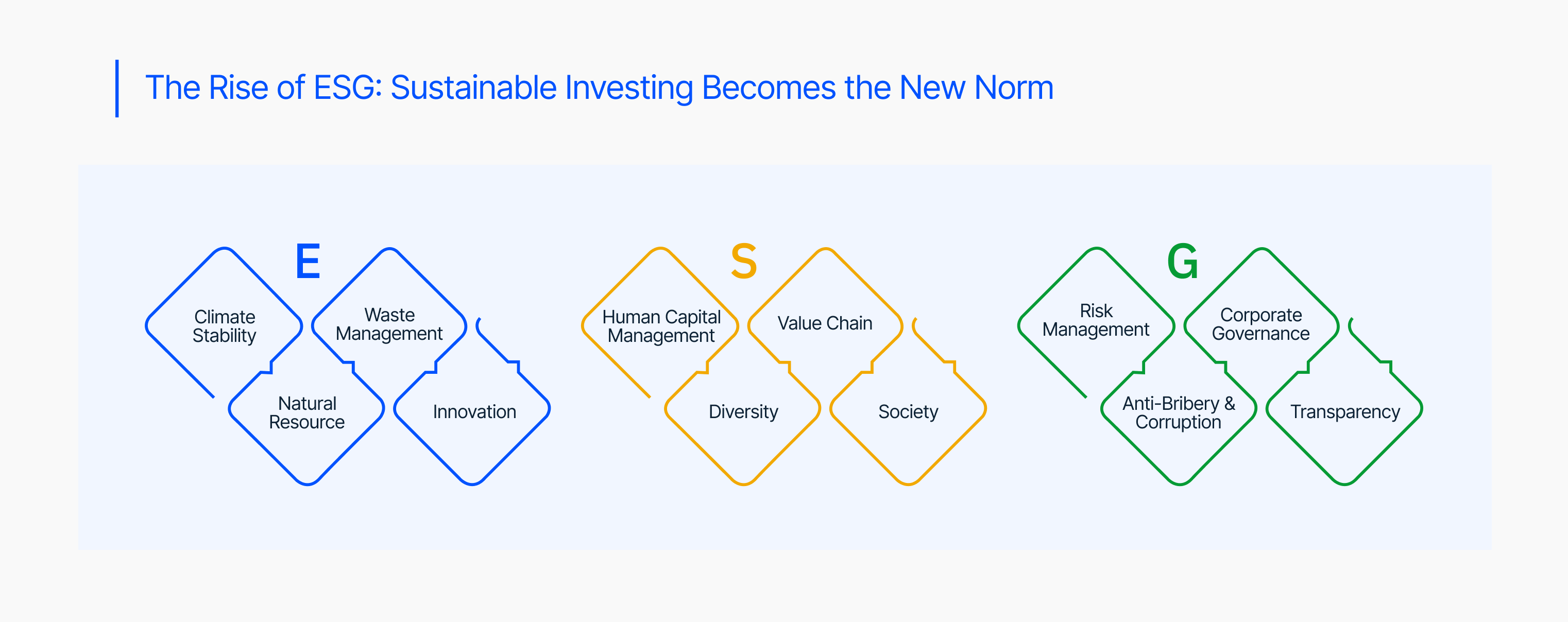
2. The Dominance of Technology and AI
Artificial intelligence (AI) and machine learning (ML) have significantly changed the investment landscape. Access to cutting-edge tools implies that processes are automated — from algorithmic trading to robo-advisors — thereby improving efficiency. AI-driven platforms can analyze large swathes of data, identify patterns, and make investment recommendations with a high level of accuracy. Given the rapid pace of development in the field of AI, we can expect even greater integration of this technology in areas like portfolio management, risk assessment, and personalized financial advice.
3. The Growing Popularity of Passive Investing
Of late, passive investing, which involves following market indices rather than aggressively picking stocks, has gained huge traction. The reason? Its lower costs and historically competitive returns. True, active management still has a role to play, but the trend towards passive investing is there to stay. This shift could lead to increased market concentration, potentially impacting price discovery.
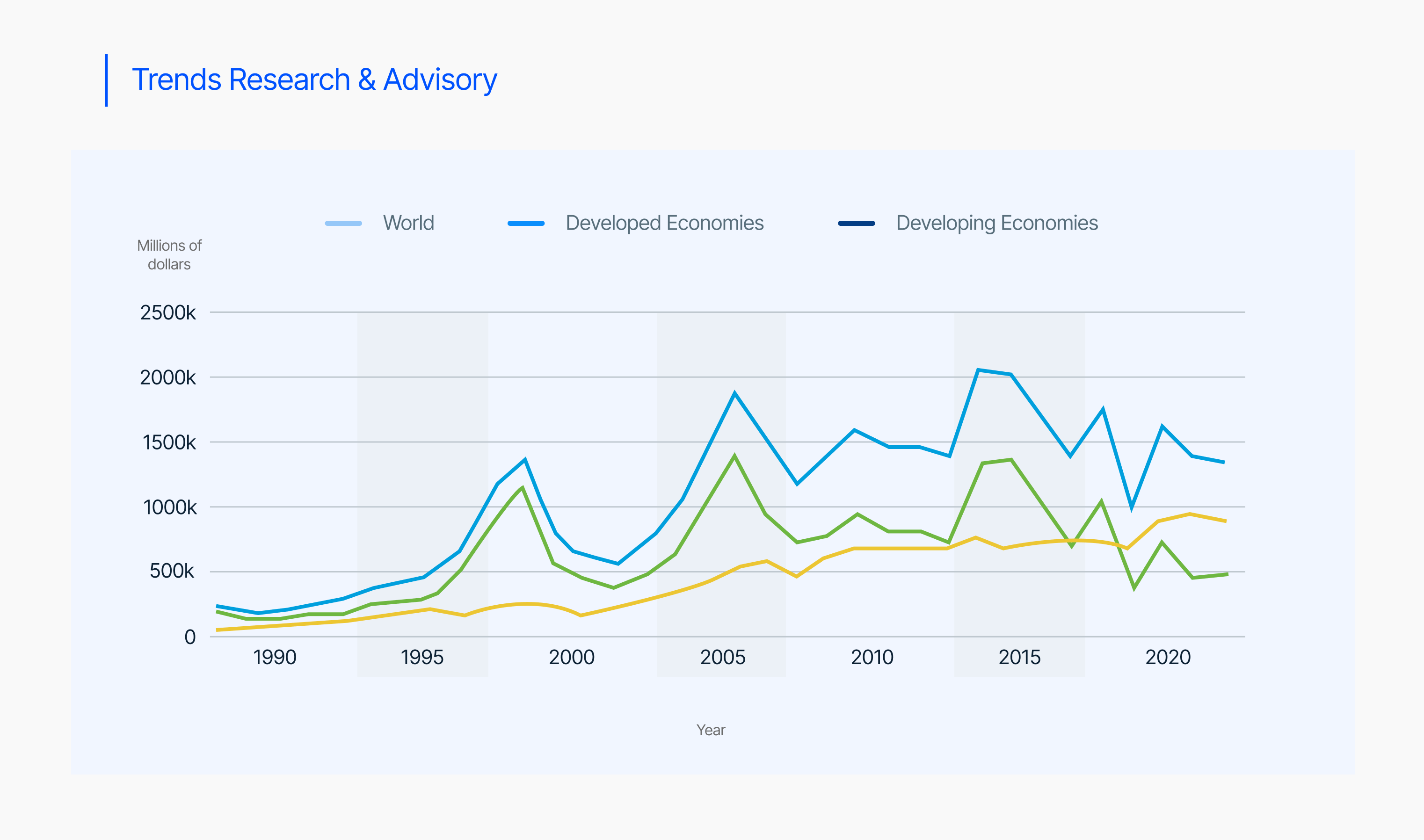
4. The Democratization of Investing
According to a comprehensive research report published by CFA Institute Research and Policy Center, “social media influencers are becoming a key vehicle to promote products and services, including in the financial services sector. This development has given rise to the neologism “finfluencer” (financial influencer).” Today, investing has become more accessible than ever before, thanks to online brokerage platforms and mobile apps. This democratization of investing, made possible through lower trading fees, fractional shares, and educational resources, have empowered a new generation of investors.
5. The Changing Investor Demographics
The world of investment is no longer dictated by risk-averse baby boomers; it’s now being shaped by millennials and Gen Z that are far more tech-savvy, socially conscious, and interested in long-term investing. Their focus on sustainability and impact investing is poised to further hasten the growth of ESG-driven funds and companies. The constant evolution of investor demographics has had a considerable impact on investment trends.
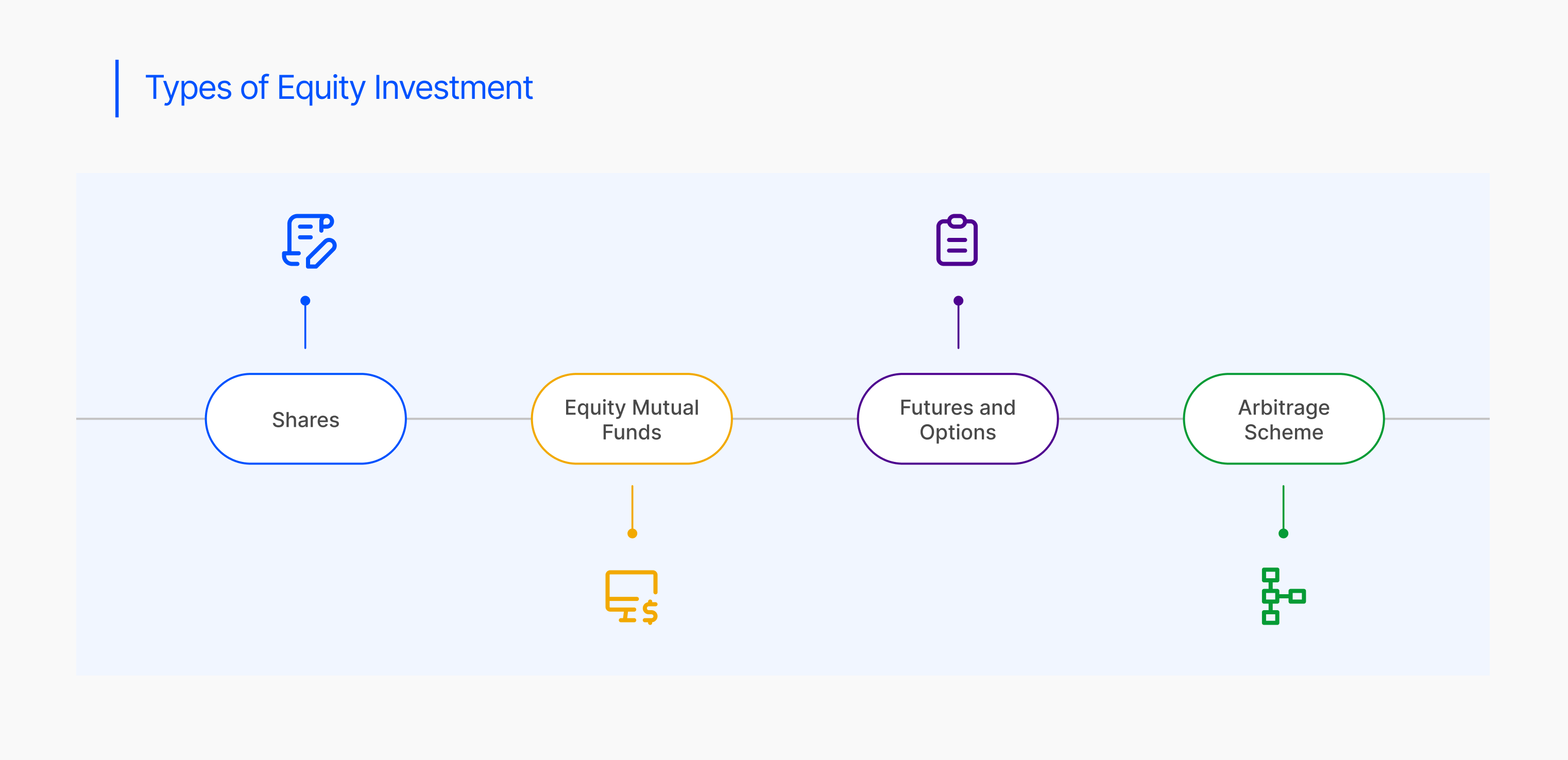
6. The Rise of Alternative Investments
While traditional equities will remain a keystone of many portfolios, investors are increasingly exploring alternative investments like private equity, venture capital, and real estate. Although they may come with greater risks and liquidity issues, these asset classes can indeed be beneficial in terms of higher returns. As the search for yield continues, more innovation and accessibility in the alternative investment space can be expected in the near future.
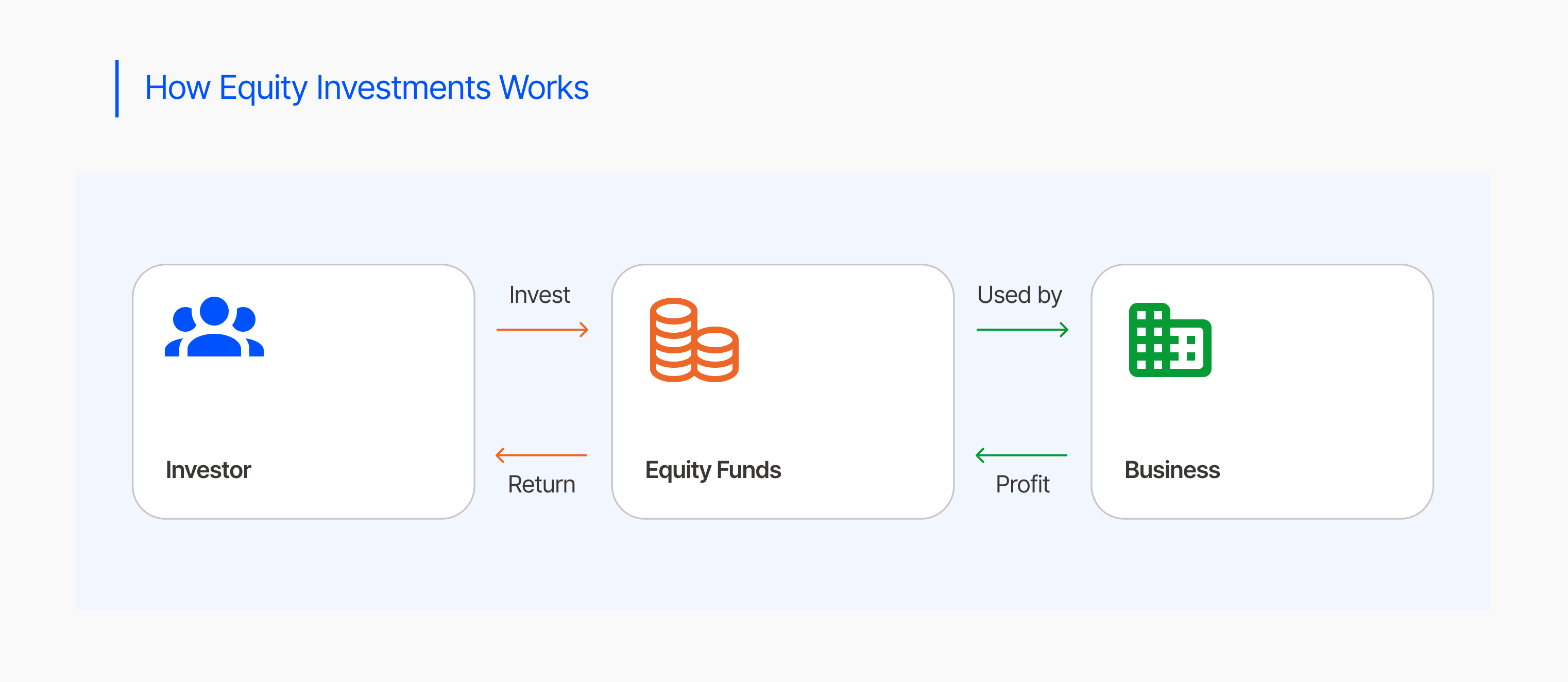
7. Increased Regulatory Scrutiny
As the financial markets evolve, regulators are struggling to ensure investor protection and market integrity. Higher scrutiny of areas like data privacy, algorithmic trading, and ESG disclosures is likely, with the regulatory landscape continuing to shape the future of equity investing
Conclusion
The future of equity investing is dynamic and promising. Challenging as it is to forecast the exact trajectory, the trends outlined above offer excellent insights. Technological advancements, changing investor priorities, and growing regulatory scrutiny will continue to reshape the investment. These trends, if understood well, can enable investors to better prepare themselves for the various opportunities and challenges they might encounter. Therefore, staying informed and adaptable is crucial for navigating the future of equity investing and achieving long-term financial success. Regularly following trusted financial resources like Bloomberg, Morningstar, and The Wall Street Journal can help investors stay updated on market trends and regulatory changes. Also, platforms like Ask Analyst provide in-depth analyses and valuable insights to help make informed investment decisions.
Share With